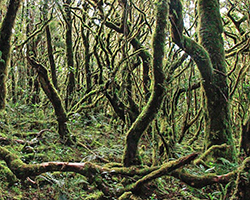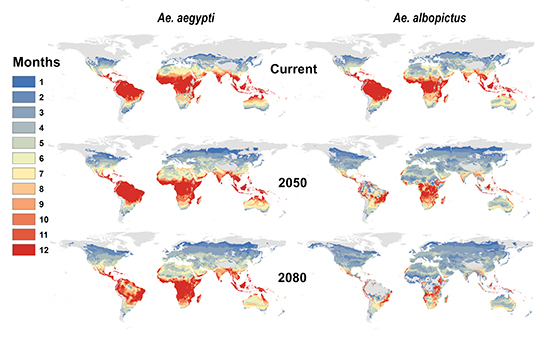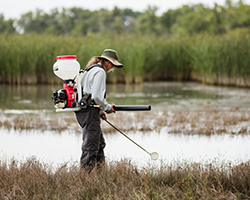Every year, it seems like the stories get crazier. Huge floods in Australia, record droughts in the western United States, and bigger fires in many places. These extreme events are all thought to be related to climate change. But this doesn't even touch on another climate-related situation: the spread of mosquitoes and the diseases they transmit.

Mosquitoes mostly live in tropical and subtropical areas of the world. Some tropical areas include Central and South America, North America, Sub-Saharan Africa, and Southern Asia. These areas offer a lot of water and warmth, both of which mosquitoes need to survive.
Some surprising areas where mosquitoes are found include Alaska, Canada, and Greenland. The only place mosquitoes are not found, besides Antarctica, is Iceland.
As climate changes, the mosquitoes are able to live in new places too. This means mosquitoes can also bring new diseases to those areas. However, the good news is that some areas with mosquitoes may have fewer mosquitoes because of climate change.

Temperature can also affect how well the tools we use to fight mosquitoes work. In colder temperatures, some insecticides don't work as well. This can make it harder to manage mosquitoes that live in colder places. The opposite can be seen in warmer temperatures. This can make it easier to manage mosquitoes in warmer places. However, because there are usually more mosquitoes in wetter, warmer areas, their numbers can still be hard to handle.

However, this relationship can vary by mosquito, insecticide, geography, and much much more. That means it is important to consider the temperature when treating mosquitoes. As the climate continues to change, temperature may play an even bigger role in mosquito control and disease transmission.
Additional images via Wikimedia Commons. Painting of soldiers in mosquito nets made in 1943, by British artist Henry Carr.
Read more about: All About Mosquitoes
Bibliographic details:
- Article: Mosquitoes and Climate
- Author(s): Dr. Biology
- Publisher: Arizona State University School of Life Sciences Ask A Biologist
- Site name: ASU - Ask A Biologist
- Date published:
- Date accessed:
- Link: https://askabiologist.asu.edu/mosquitoes-and-climate
APA Style
Dr. Biology. (). Mosquitoes and Climate. ASU - Ask A Biologist. Retrieved from https://askabiologist.asu.edu/mosquitoes-and-climate
Chicago Manual of Style
Dr. Biology. "Mosquitoes and Climate". ASU - Ask A Biologist. . https://askabiologist.asu.edu/mosquitoes-and-climate
Dr. Biology. "Mosquitoes and Climate". ASU - Ask A Biologist. . ASU - Ask A Biologist, Web. https://askabiologist.asu.edu/mosquitoes-and-climate
MLA 2017 Style

By 2080, one billion more people could be at risk of diseases spread by mosquitoes due to climate change. We are likely to see protective tools, like mosquito nets and vaccines, even more widely used in the years to come.
Be Part of
Ask A Biologist
By volunteering, or simply sending us feedback on the site. Scientists, teachers, writers, illustrators, and translators are all important to the program. If you are interested in helping with the website we have a Volunteers page to get the process started.

